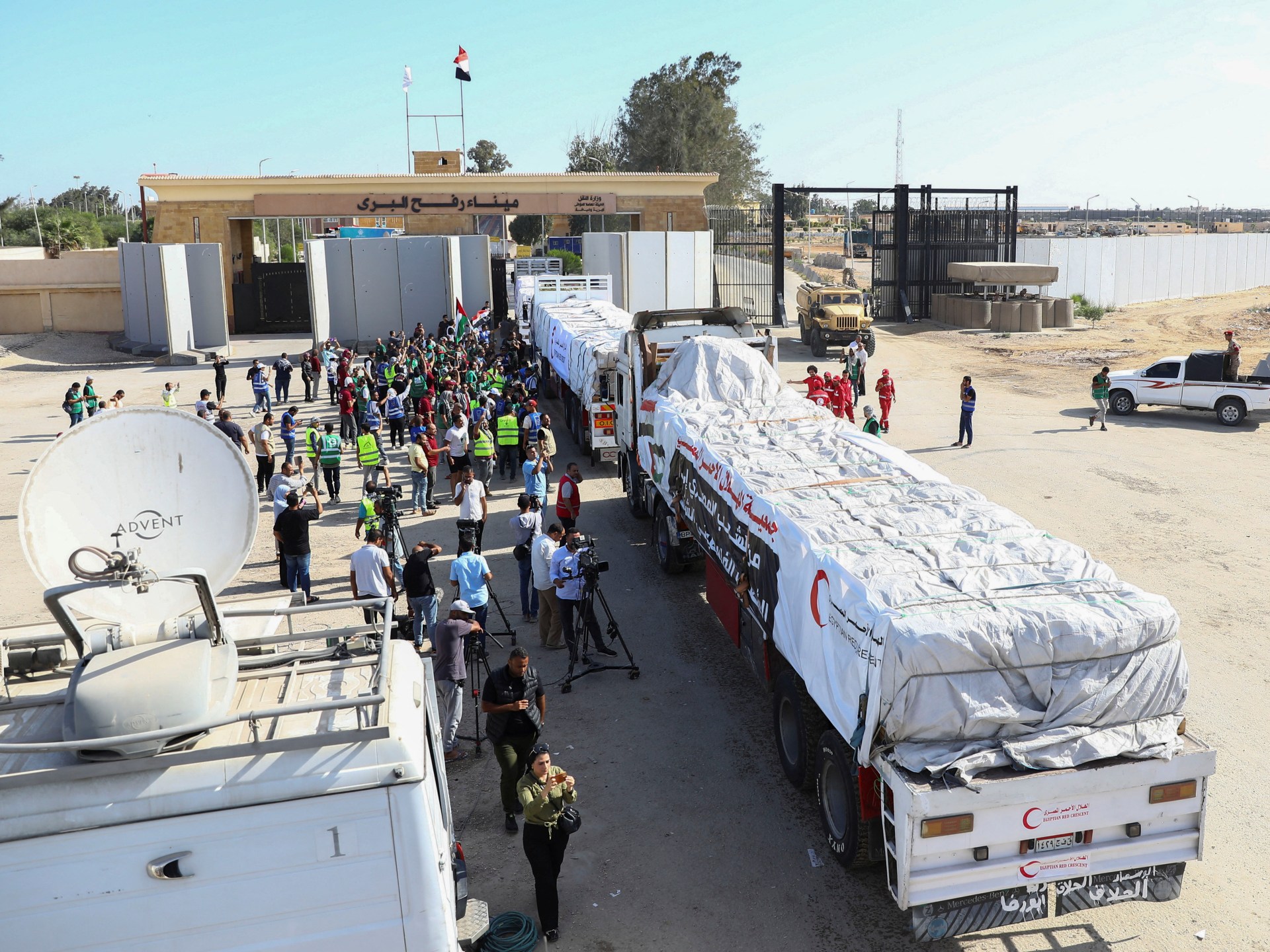IPOB: Simon Ekpa’s Leadership & Global Implications
The Birth of IPOB
The Indigenous People of Biafra (IPOB) is a separatist movement primarily composed of people from the Igbo ethnic group in southeastern Nigeria. IPOB emerged in response to longstanding grievances of marginalization and exclusion within the Nigerian state. This sentiment is rooted in the historical memory of the Nigerian Civil War (1967-1970), in which the short-lived Biafran Republic unsuccessfully sought independence. In recent years, IPOB has become the most visible and vocal advocate for a renewed Biafran independence, demanding self-determination for the region.
Nnamdi Kanu: The Face of the Struggle


Nnamdi Kanu, the founder and erstwhile leader of IPOB, became a household name due to his fiery rhetoric and unyielding demand for Biafran independence. His influence grew rapidly through his broadcasts on Radio Biafra, where he rallied many supporters to the cause. Kanu’s arrest in 2015 by Nigerian authorities on charges of terrorism and treason further ignited the Biafran movement. His detention, protests calling for his release, and his eventual re-arrest in 2021 after years on the run made him a controversial figure globally. Despite being in custody, Kanu remains a symbol of Biafran resistance.
Simon Ekpa: The New Leader


Following Kanu’s arrest, Simon Ekpa, a former pro-Biafra activist based in Finland, took the helm of the movement. Ekpa has adopted a more aggressive stance, enforcing sit-at-home orders across southeastern Nigeria. These orders, which compel residents to stay indoors as a form of protest, have been met with mixed reactions. Some see them as a powerful non-violent protest, while others criticize them for paralyzing economic activities and exacerbating insecurity in the region.
Ekpa has not only continued Kanu’s legacy but has also formed his own armed wing, the Biafra Liberation Army (BLA), which he claims is essential for defending Biafran territory. His leadership has led to increased tensions in the region, with reports of violence linked to enforcing IPOB’s directives. Ekpa’s defiance of the Nigerian state and his global reach, using online platforms to garner support, highlight the movement’s evolving tactics under his leadership.
Escalation of Attacks on Security Forces
A recent attack by suspected members of the Indigenous People of Biafra (IPOB) occurred at the Umunze Police Station in Anambra State on September 16, 2024. During this violent incident, gunmen killed two police officers and burned part of the station. Police authorities confirmed the recovery of unexploded improvised explosive devices (IEDs) and noted that a joint security operation involving multiple agencies was launched to track down the attackers.
This attack is one of several instances of targeted violence against security facilities in southeastern Nigeria, where IPOB-affiliated gunmen have ramped up their efforts against state forces. In another incident around the same period, Nigerian soldiers repelled an IPOB-led assault on the Isheke Police Station in Ebonyi State, killing five attackers and recovering several weapons.
IPOB’s Controversial Tactics
One of the defining aspects of IPOB under both Kanu and Ekpa has been the use of civil disobedience, particularly the sit-at-home protests. While these protests began as a form of non-violent resistance, there have been allegations of armed enforcement, violence, and economic disruption. In some areas, compliance has been driven by fear, as businesses and individuals who defy the orders risk attacks by IPOB sympathizers. Critics argue that while IPOB’s demands for justice may be legitimate, their methods risk further destabilizing the already fragile region.
IPOB and The Nigerian Army: A Plea to Amnesty International and the ICC


The Nigerian Army has recently Intensified its call for international action against the Indigenous People of Biafra (IPOB) and its current leader, Simon Ekpa. This comes after a viral video showed a disturbing act where IPOB members brutally tortured a retired ex-soldier, Corporal Toriola Adewale, forcing him to deliver coerced messages against the Nigerian military. The Army condemned this act as a clear example of IPOB’s savagery and urged international organizations, including the International Criminal Court (ICC) and Amnesty International, to hold IPOB accountable for crimes against civilians.
The Army emphasized that this mistreatment is part of a wider campaign by IPOB and its armed wing, the Biafra Liberation Army, which poses a severe threat to security in Nigeria’s southeast. They also stressed the need for global condemnation and swift action to stop the ongoing violence and terrorism linked to the group.
The Path Forward: Dialogue or Division?
The question of Biafra remains unresolved. While IPOB’s demand for independence is clear, the Nigerian government has been steadfast in rejecting any notion of secession. The ongoing conflict between IPOB and the Nigerian state underscores the deep-seated issues of governance, equity, and inclusion that have plagued the country. Many believe that dialogue, not violence, is the only way to resolve the Biafran question. However, with both sides entrenched in their positions, the path to peace remains uncertain.
The IPOB movement continues to evolve under Simon Ekpa, but its future is fraught with challenges. Whether through civil disobedience or more confrontational tactics, IPOB’s call for independence will likely persist until the underlying grievances of the southeastern region are meaningfully addressed. The Nigerian state must grapple with this issue, balancing national unity with the right to self-determination, if it hopes to prevent further conflict.

